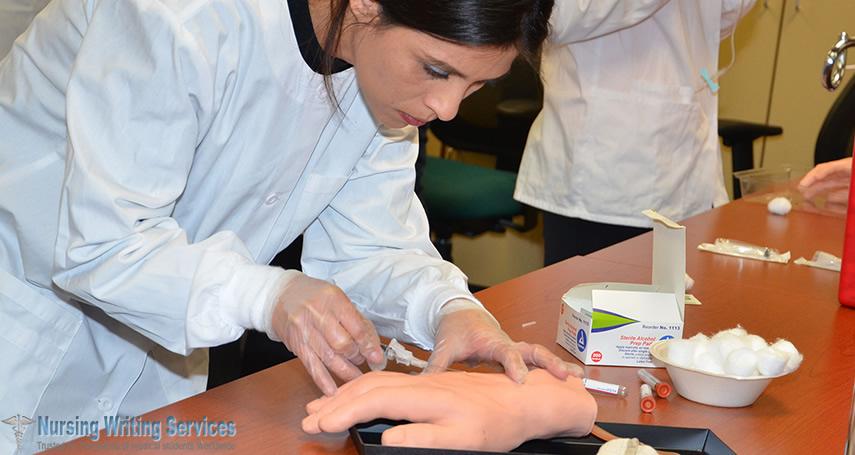The Origins of Nurses Week
National Nurses Week might be something new for new entrants to the profession, but it is something they should be proud to celebrate. It is a seven-day celebration and recognition of nurses that takes place every year from May 6 to May 12. Nightingale was an in English nurse who lived in 1820-1910. She is the founder of professional nursing that became more exceptional during her role in the Crimean war that lasted between 1853 and 1856. People were calling her the lady with the lamp because of her habit to make rounds at night. The last day of the celebration falls on the birthday of Florence Nightingale the founder of modern-day nursing as we know it.
Purpose of Nurses Week
National nurse’s week starts with raising awareness about the essential role that nurses play in society. The recognition marks the beginning of a weeklong nurse week. The day is not public holiday and businesses do not change their opening hours to honor nurses, but many activities take place. Nursing day and week are observances and nor public holidays, but receptions and celebrations take place especially in united states to honor work that nurses perform. Many nurses receive flowers from family members, friends or patients. Activities to celebrate the nursing profession include:






